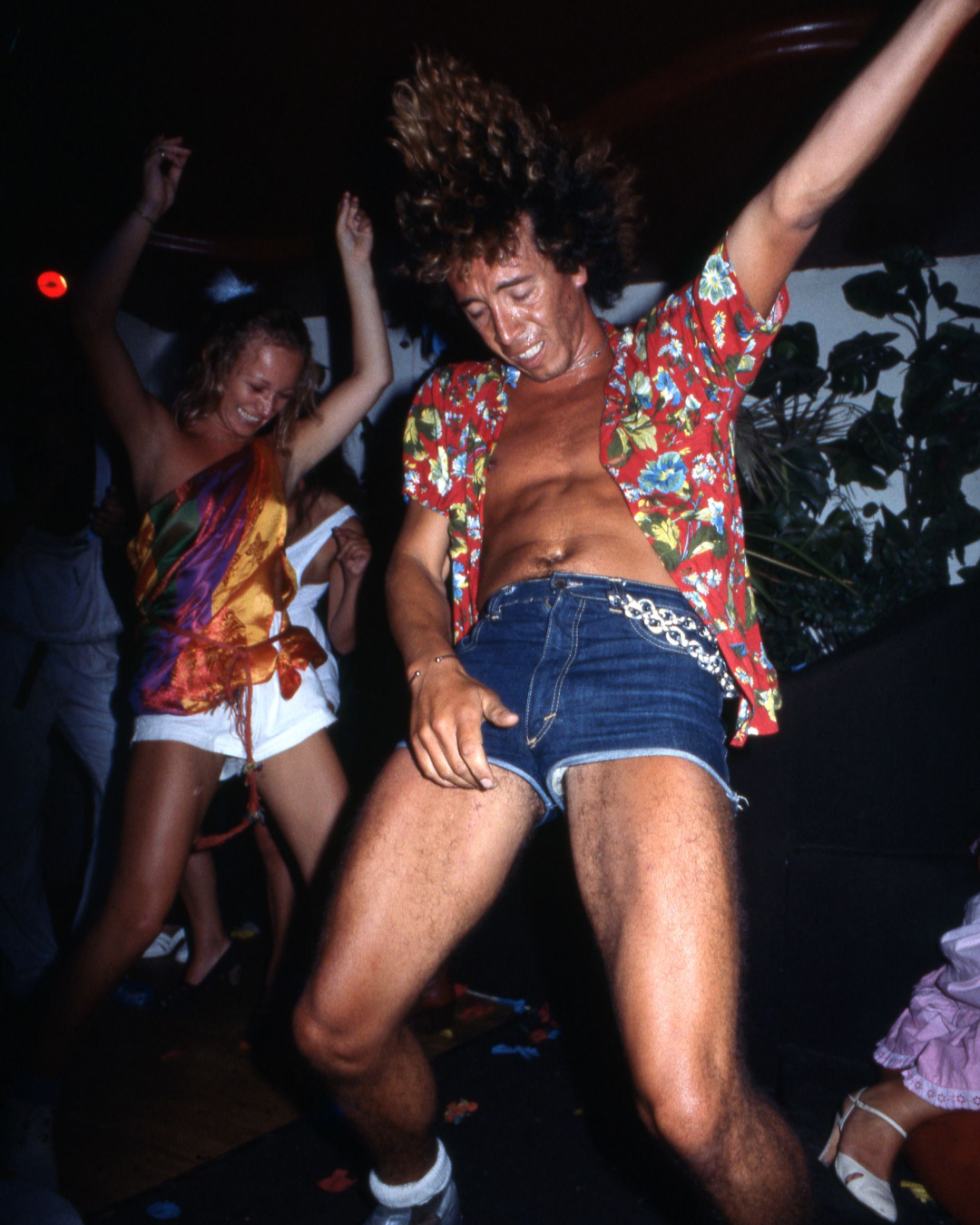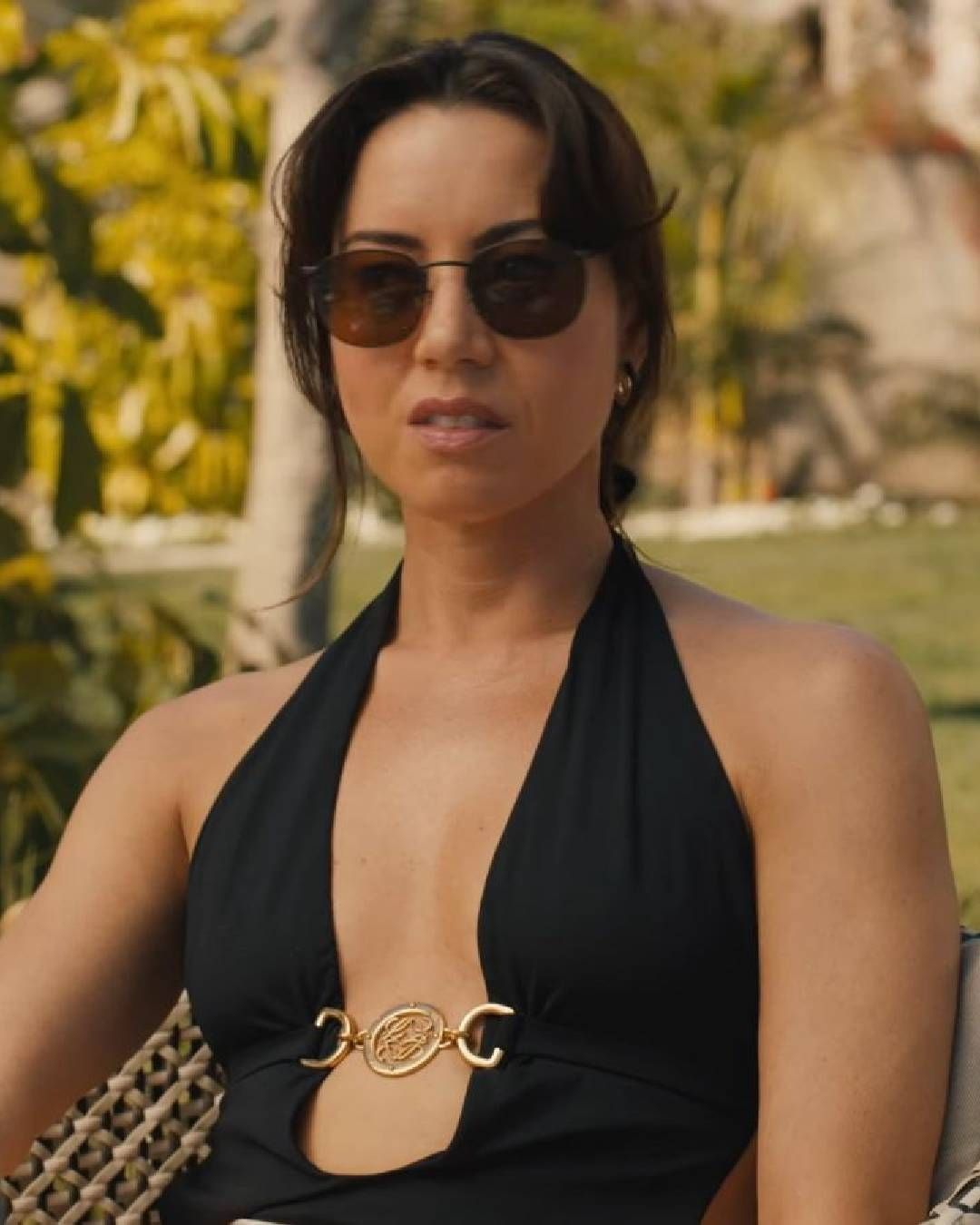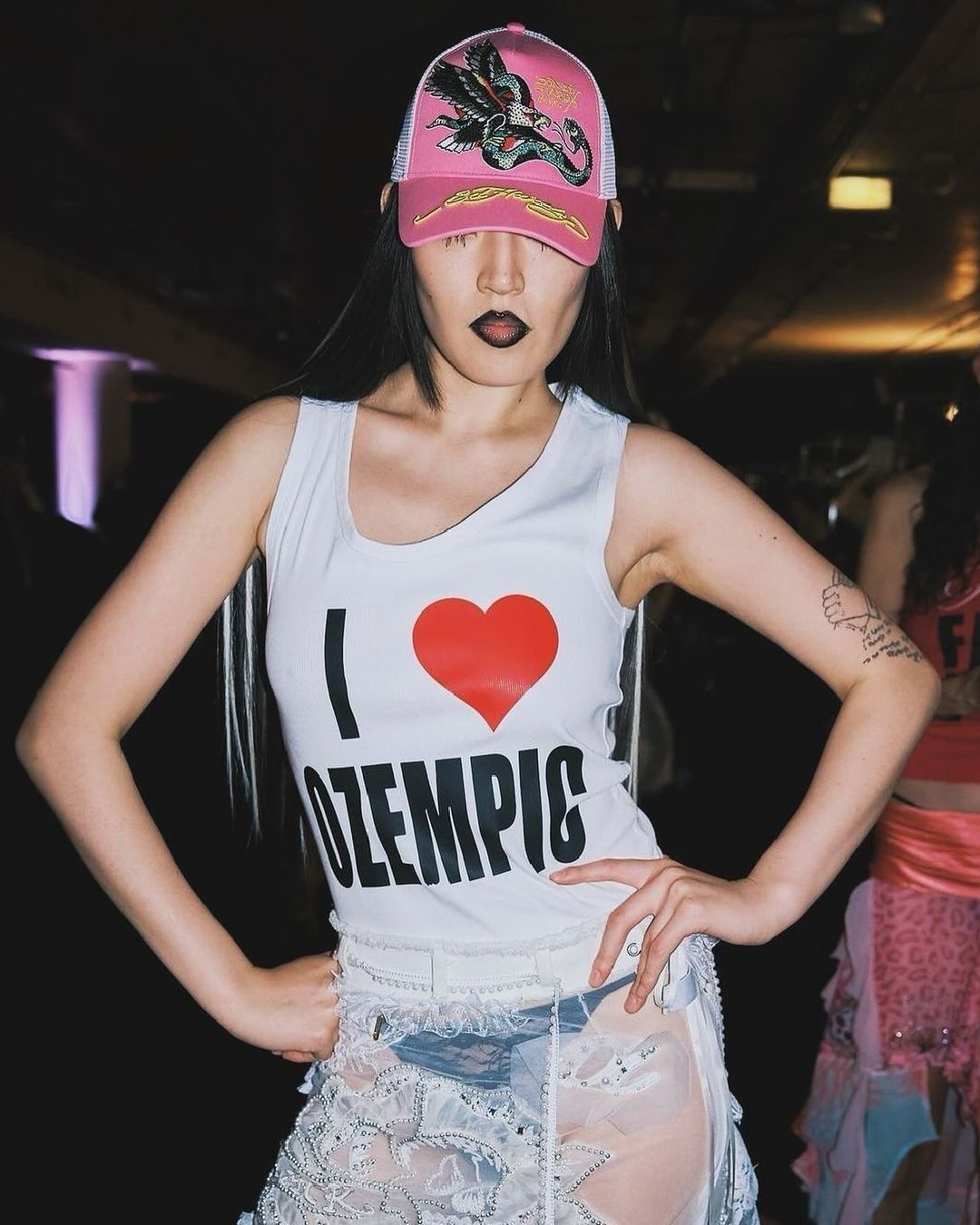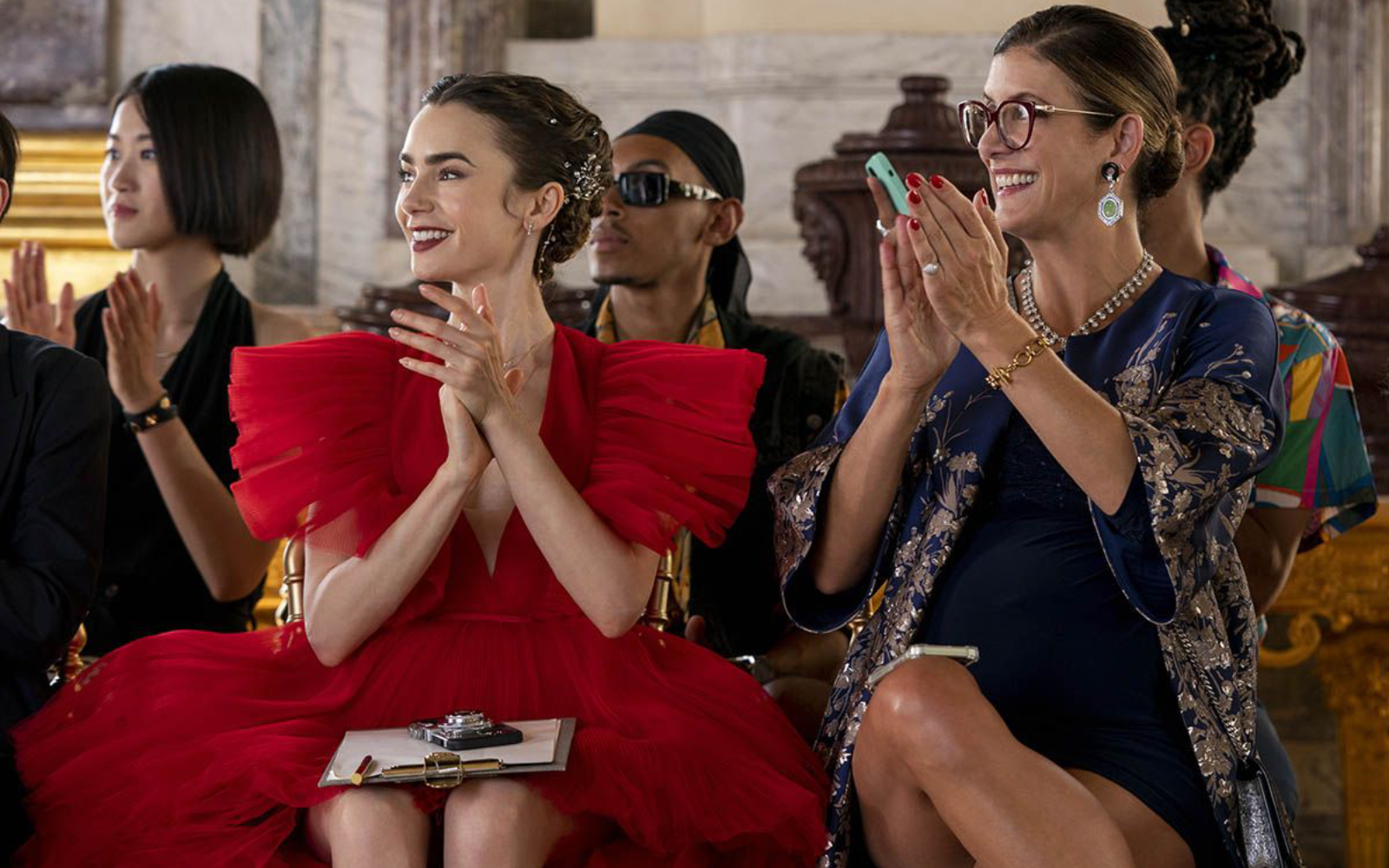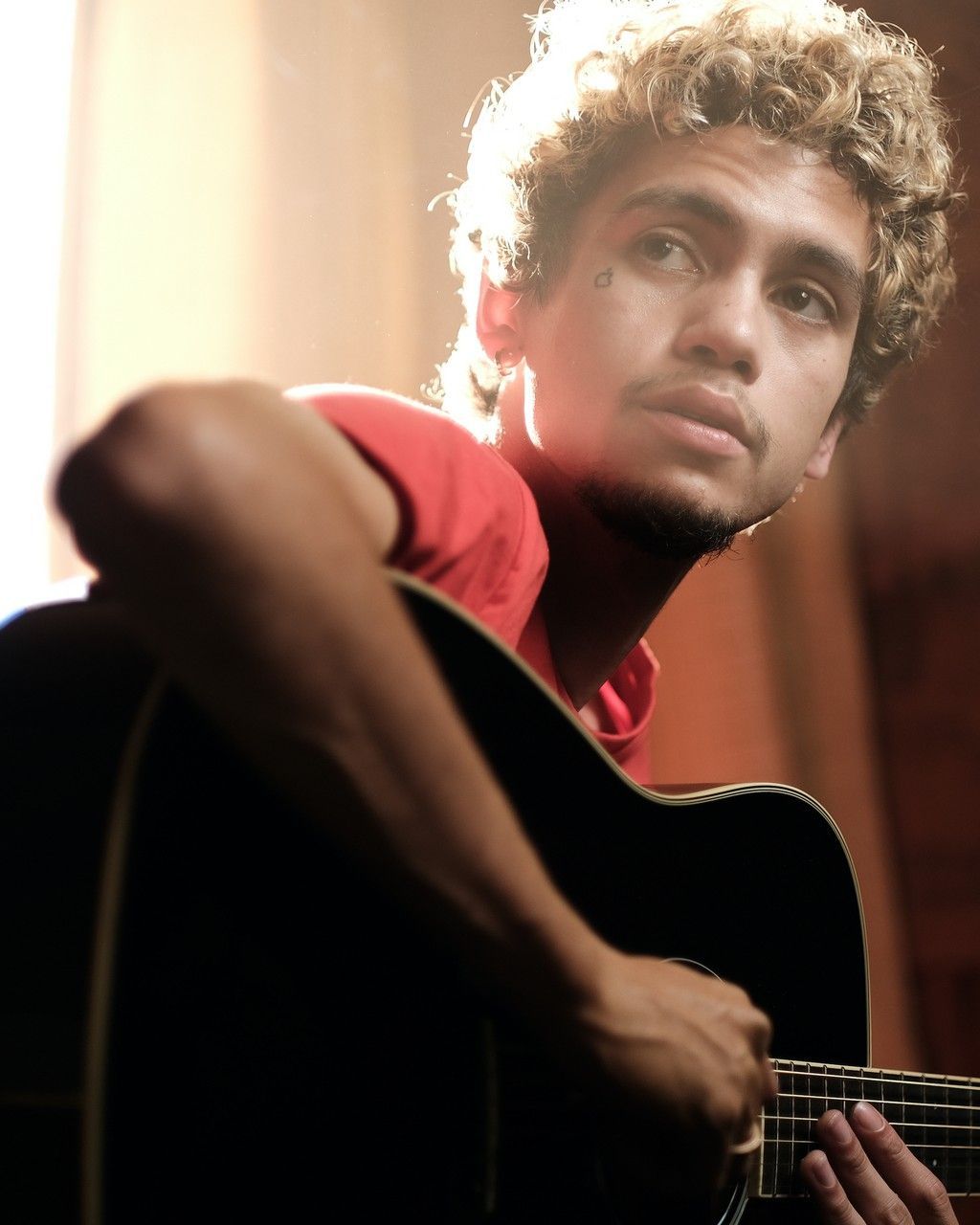
What are "sober coaches" for? Basic to keep VIPs in line, but everyone could use one
During one of the red carpets at the Sundance Festival, where Dominic Fike was present to promote his new film "Little Death," the actor, famous for his role in Euphoria (but who hasn't been made famous by that series?), revealed how the presence of a sober coach on the set, called in vain to curb his drug consumption, was practically ineffective: "When I was on ‘Euphoria,’ they kind of just gave me a coach who would just talk to you. It was just some random lady. We had nothing in common. We didn’t come from the same places or the same problems. It was hard to take advice from someone like that or give a shit" Highlighting a problem perhaps more common than one might think when discussing figures operating in the field of mental health, namely finding the right communicator, preferably not one of those emotion bureaucrats from a counseling center who speak to patients with a mix of condescension and maternalism, using a tone they believe is empathetic but still smells of the pages of an old manual and psychotherapeutic jargon from Telefono Azzurro. Indeed, a sober coach (also called a "sobriety coach" or "recovery coach") is not a therapist or a proper psychologist: it's a kind of friend for hire, a caregiver if the word didn't have a negative connotation – but the best term is really the translation "coach" since the relationship they should establish with the recovering patient is precisely that informal but hierarchical one that exists between a coach and a trainee.
Tragic, but what an incredible privilege to be hired by an employer that knows you’re a drug addict and even be provided with a “sober coach”. That’s absolutely wild to me. https://t.co/VtQXEThcgn
— Amber Freeman (@FreemanAmb79187) January 21, 2024
Now, Fike's statements have raised valid objections from the public, which immediately noticed that no one forced the actor, a drug addict, to participate in a show about drug addiction; the actor chose to propose himself and participate, choosing also to remain (perhaps due to contractual obligations) when the sober coach in question wasn't effective. However, as a lady on Twitter bluntly wrote: "If you blame your sober coach, I will only think you don't really intend to stay sober." Now, as highlighted many years ago by coach Patty Powers, interviewed here in Italy by Rivista Studio in 2013, the gray area in which sober coaches find themselves from a work and legal perspective (no specific licenses or degrees are required, no medical responsibilities, and so on), but above all, the hefty paychecks they receive for their work had already led to the proliferation of unqualified charlatans a decade ago.
@stopdrinkingcoach Ben Affleck opens up about his sobriety and what it takes to quit drinking and get sober #stopdrinking #quitdrinking #alcoholism #sober #sobercurious #sobercoach original sound - Stop Drinking Coach
Compared to the past, however, where the role was covered by mixed or hybrid figures, in the last decade, there has been an attempt at regulation: the Connecticut Community for Addiction Recovery (CCAR) introduced the first Recovery Coach Academy training course in 2009, a 30-hour curriculum that provides individuals with an understanding of the necessary skills and has trained over 50,000 people worldwide. In 2006, author William L. White introduced a community rehabilitation model still widely applied. But the practice has existed for time immemorial: already around 1840 in America, there was the "temperance movement," a kind of moralistic ancestor of Alcoholics Anonymous; in 1906, Emanuel Chambers opened his sobriety clinic with "friendly visitors" who went to the homes of patients in rehabilitation, while in the '70s, after the success of Alcoholics Anonymous, the figure of the "peer supporter" was born. There was also a more strictly medical evolution, but around the '90s, many private professionals emerged, so to speak, who followed cases where it was better not to leak information.
One of the problems with sober coaches is indeed that they don't need any particular certifications; ideally, they just need to have overcome an addiction – but it's not required. It is clear that at certain levels, however, some references and credentials are needed since the business, which is not underground but is certainly little attention-grabbing from society, is undoubtedly lucrative. These sober coaches are not called by street drug addicts – having a figure that follows a recovering patient in their daily life is a luxury. And not surprisingly, Dominic Fike (but also Lindsay Lohan, Drew Barrymore, and the Olsen twins) had one due to his celebrity status. Last October, for example, Fortune conducted an investigation into the world of sober coaches, revealing that in the USA, where they are more widespread, these figures bill from $900 to $1200 per day, but they mainly work with high or very high-income figures: corporate executives, actors and singers, young and extremely wealthy scamps. But it doesn't always have to be a matter of social class: recently, a student group at Washington State University has become a real sobriety club with young coaches who charge up to $17 per hour, while the Sober Grid app is completely free, a kind of social network for those seeking support during their rehabilitation that also allows you to pay for personalized assistance.











































